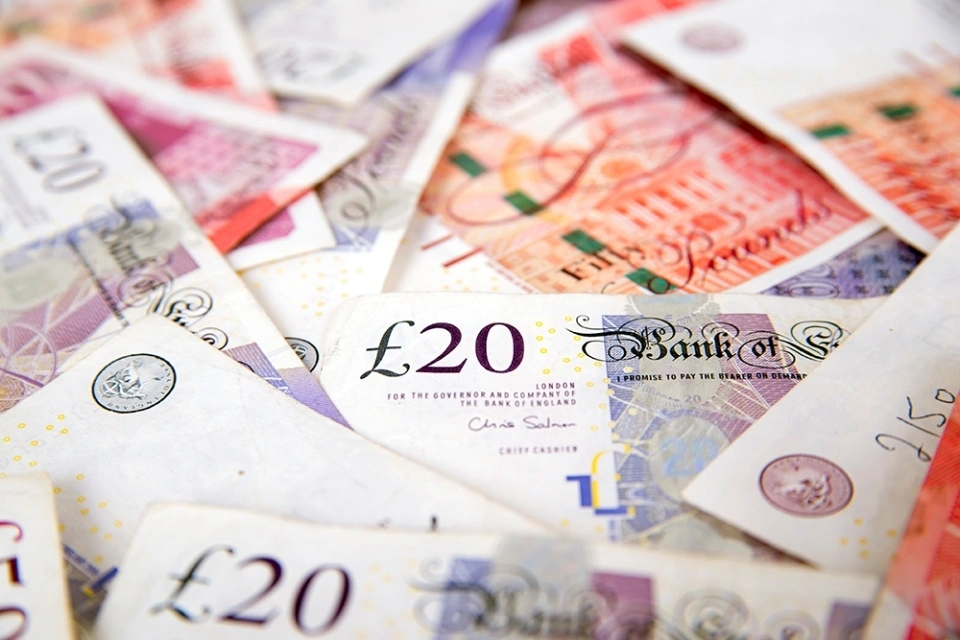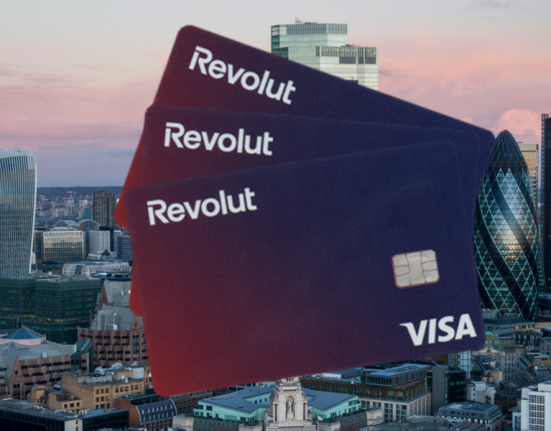$10bn collapse rocks debt markets
US auto parts maker First Brands has filed for Chapter 11 bankruptcy protection, revealing more than $10bn in liabilities in one of the most dramatic failures to hit private credit markets in years.
The Ohio-based group, controlled by Malaysian-born businessman Patrick James, submitted its petition in the Southern District of Texas late on Sunday. It estimated debts in the range of $10bn to $50bn, against assets valued at no more than $10bn.
Mounting pressure and hidden risks
First Brands, which makes Michelin-branded wipers in Europe and Carter fuel pumps in the US, had already disclosed nearly $6bn of long-term debt earlier this year. But creditors fear billions more may be tied up in opaque off-balance sheet financing linked to invoices and inventory.
A special committee is expected to investigate the company’s use of these arrangements, known as “factoring”. Some major Wall Street investment firms, including a unit of Jefferies, are among those exposed.
The crisis deepened after one of First Brands’ banks seized part of its cash reserves. Its lenders have now provided a $1.1bn loan to keep operations running while the business restructures.
Market shock and wider fallout
The speed of the collapse has stunned debt investors. Just weeks ago, the group’s loans were trading at stable levels; by Friday, top-tier debt had plunged to a third of its value, while junior loans dropped to just cents on the dollar.
The bankruptcy follows the failure of subprime auto lender Tricolor earlier this month, fuelling concerns that Wall Street faces steep losses and that turbulence could spread across corporate credit markets.
Global operations continue
James spent a decade expanding First Brands into a multinational, with sites from California to Pennsylvania, and overseas in Mexico, Romania and Taiwan. Its international operations are not included in the bankruptcy filing.
Restructuring specialist Charles Moore of Alvarez & Marsal has been appointed as chief restructuring officer to lead efforts to stabilise the company.







